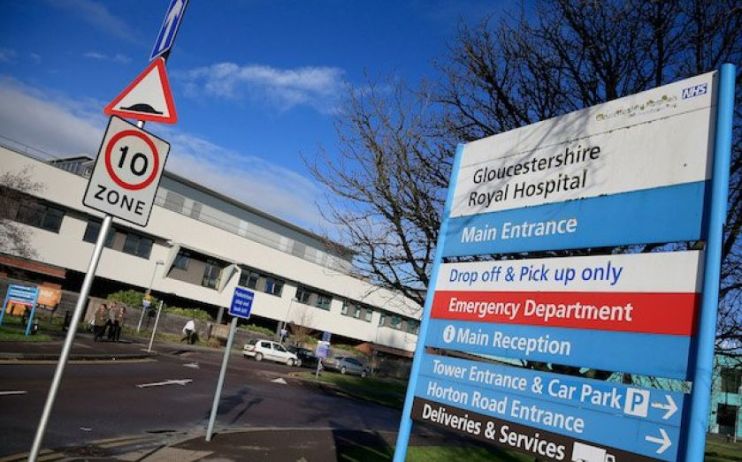It may be popular, but scrapping hospital parking charges would be a total disaster

Amid myriad headline-grabbing proposals, you might have missed Labour’s promise to scrap hospital parking charges.
This is exactly the kind of local, community-based policy that is likely to win votes — but it is a mistake. They might not be popular, but these car parking charges are actually a good thing.
First, the charges bring in revenue for hospitals. It is often forgotten in this debate that this is money which is mostly put back into the health system, providing funding to pay for treatment and medical staff.
Abolishing charges therefore risks leaving hospitals and NHS trusts with black holes in their finances. At a time when we are constantly told that the NHS is facing a funding crisis, denying hospitals revenue streams seems an odd strategy.
A related issue is one of the most fundamental principles of economics: opportunity cost. It expresses the relationship between scarcity and cost, which means that, in the real world, getting one thing often involves foregoing something else.
As such, if hospitals are forced to forego revenue from parking, they will have to cut spending in other areas. The obvious worry is that patient care might suffer as a result.
Second, as anyone who has ever tried to find a parking space will know only too well, they are often hard to come by. Parking spaces are a scarce resource, and so the price mechanism plays an important role in allocating them to those who value them most.
Making hospital parking free for everyone will see an increase in the number of people using the spaces. Rather than being used by hospital staff, patients and their relatives, they will be snapped up by other people who live near or who are visiting the area. As a result, hospital staff and patients will struggle to find a parking space.
This is exactly what has happened in Scotland and Wales, where hospital parking is already free. There have been reports of local residents taking advantage of the free parking, leaving staff struggling to find a space before their shift and patients running late for appointments.
This issue could of course be overcome by building more car parks. However, that brings us back to the opportunity cost issue: more money spent on hospital car parks means less available for patient care.
In addition, given the acute housing crisis in this country caused by a lack of supply, and the push to get cars off the road and transition to more sustainable modes of transport, are more car parks really the most appropriate use of space?
The Conservative policy makes slightly more sense. The Tories have promised to make parking free for patients and their relatives, as well as for medical staff, and keep charges for everyone else. However, this risks adding another layer of bureaucracy to the NHS.
There are also obvious questions to be asked about wealthy surgeons being subsidised at the expense of taxpayers on more modest incomes.
Obviously, some people will need to drive or be driven to the hospital, such as women in labour and those with disabilities. There are therefore cases where free or subsidised parking does make sense. But scrapping charges for everyone would be a huge mistake.
It would be far more effective for the government to invest in public transport infrastructure and focus on bus services from hospitals to local communities.
